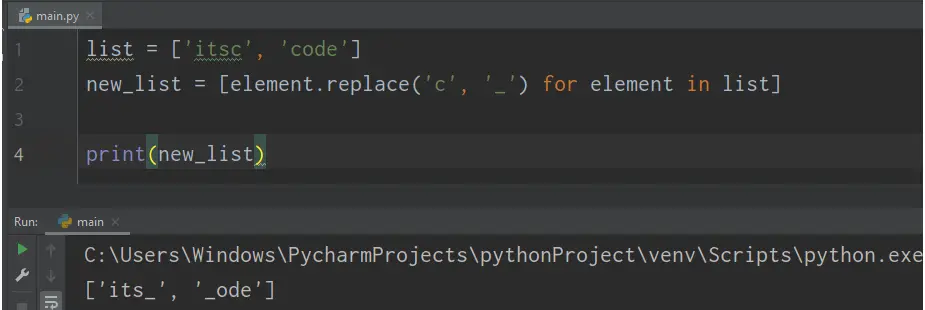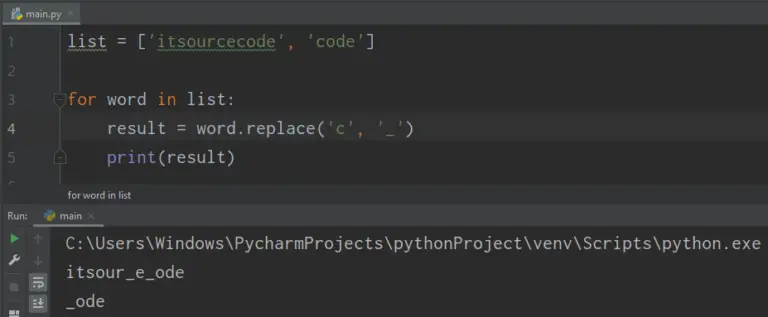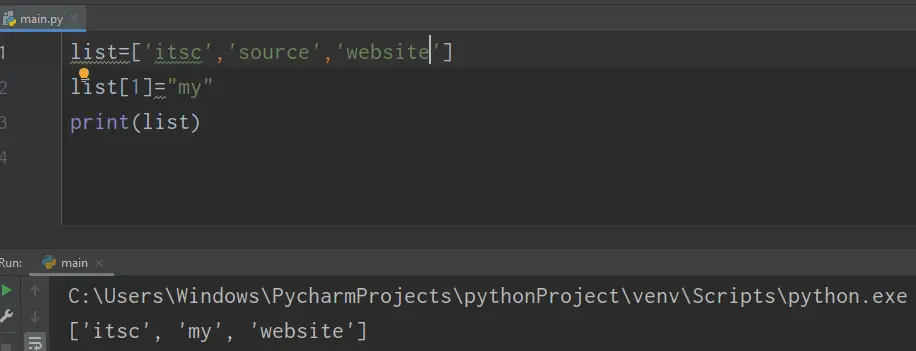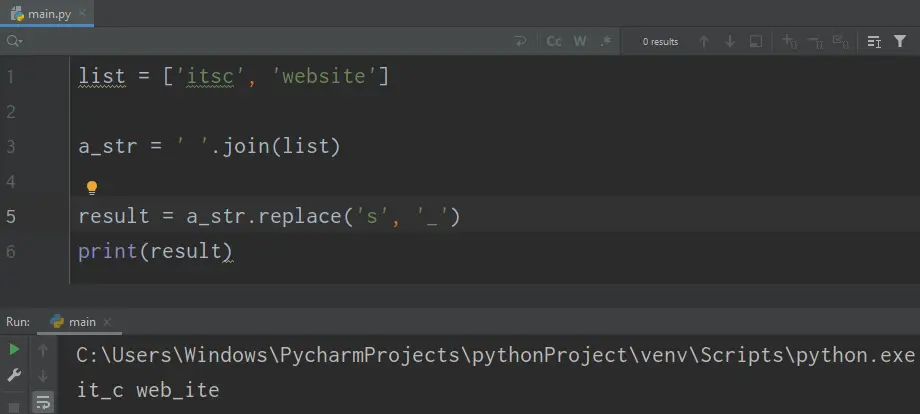Are encountering attributeerror: ‘list’ object has no attribute ‘replace’?
Well, in this article we will look for solutions on how to fix the error as well as examples to provide a better understanding.
Particularly, AttributeError is an exception that is raised when an object does not have the attribute or method that is being called on it.
In other words, Python is telling you that the object you’re working with doesn’t have the functionality that you’re trying to use.
Before we dive into the specifics of the AttributeError, let’s first review what lists are in Python.
What is list in Python?
A list is a collection of items that are ordered and mutable.
This means that you can change the contents of a list by adding, removing, or modifying items.
Here’s an example of a list in Python:
Color= [‘red’, ‘blue’, ‘orange’, ‘green’]
Meanwhile…
In Python, strings are also ordered and mutable.
This means that you can change the contents of a string by replacing characters with other characters.
The replace method is used to replace a substring with another substring in a string.
What is Attributeerror: ‘list’ object has no attribute ‘replace’?
The Attributeerror: ‘list’ object has no attribute ‘replace’ occurs when the method replace() is called on a list instead of a string.
Since the replace() method is string-specific, we need to call it on a string and not on a list object.
So here is how this error occurs:
ex_list = ['itsc', 'code']
ex_list.replace('c', '_')Here is the output:
Traceback (most recent call last):
File "C:\Users\Windows\PycharmProjects\pythonProject\main.py", line 3, in
ex_list.replace('c', '_')
AttributeError: 'list' object has no attribute 'replace'
Process finished with exit code 1Solution to fix Attributeerror: ‘list’ object has no attribute ‘replace’
Here are the possible solutions you can consider to fix the error Attributeerror: ‘list’ object has no attribute ‘replace’.
- Convert list to string object
The first way we can fix the error is to convert the complete list of objects to string object and then call the replace() function.

- Access the list in a specific index
In the above process, we convert the complete object into str object and then invoke replace function.
But now we will take out one element and then convert the same into str object.
- Call replace method on each string of the list
This time if we want to call replace() on each string we will use the comprehension.

Meanwhile, we can use a for loop to call the replace method on each string in the list.
- Use assignment instead of replace
Lists are mutable type objects, therefore we can replace specific list components using the assignment operator.

- Convert list to a string before calling join()
Apart from using assignments instead of replace, we can also use converting list to string with join() method.
Here is an example to do it:
We often used called thestr.join()method with a space separator, however, we can use another value to replace it. Take a look how the error works.
However, just call the method on an empty string if you want to join the list without a separator.
Conclusion
In conclusion, we explored the AttributeError: ‘list’ object has no attribute ‘replace’ error that Python programmers might encounter.
We learned that this error occurs when we try to use the replace method on a list, which is a string method and can only be used on strings.
We also discussed how to fix this error by converting the list to a string before using the replace method. By following the given solution, surely you can fix the error quickly and proceed to your coding project again.
We hope that this article has provided you with the information you need to fix this error and continue working with Python.
If you are finding solutions to some errors you’re encountering we also have Modulenotfounderror: no module named ‘ipython’.








